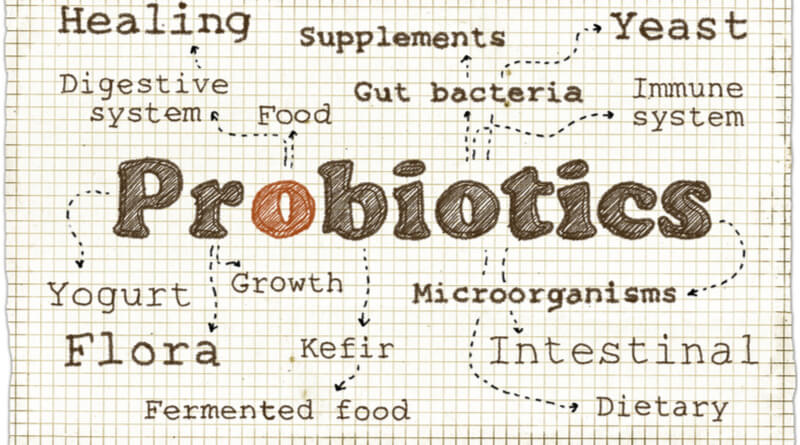Probiotics are very important microorganisms that play a pretty vital role in guaranteeing good digestive health. People might be grossed out to imagine that there are numerous organisms and bacteria living inside of their bodies. But the truth is, they are there, and you should be thankful. Probiotics and other healthy bacteria fight against actual harmful microorganisms, most commonly referred to as germs, and they aid in digestion and improve the rate of nutrient absorption.
Probiotics and digestive health
There are a lot of different digestive issues that affect the gastrointestinal system, which probiotics are capable of fighting:
- Ulcerative colitis
- Colic
- Lactose intolerance
- Constipation
- Crohn’s disease
- Irritable bowel syndrome (IBS)
- Inflammatory bowel diseases (IBD)
How do probiotics work?
Probiotics help the body’s digestive system in several ways that we know of:
Modifies the digestive ecosystem
The biggest benefit of consuming probiotics is that they diversify the body’s ecosystems. Researchers have noted that people with constipation have different ecosystems of microorganisms than people without constipation.
Lowers pH levels
Probiotics also help to lower the pH level in the colon which can help a person’s stool travel faster through their colon.
Provides diarrhea relief
Probiotics are noted for their ability to provide diarrhea relief. They can even counter the diarrhea caused by the consumption of antibiotics by replenish the good bacteria killed by the antibiotics.
Helps with protein absorption
Probiotics also have the ability to improve the rate of protein absorption as well as other nutrients and vitamins.
Where Does One Obtain Probiotics?
The best way to introduce probiotics to your digestive system is through your diet. Some of the best foods for consuming probiotics are:
- Yogurt
- Kefir
- Sauerkraut
- Tempeh
- Kimchi
- Miso
- Kombucha
- Pickles
- Traditional Buttermilk
- Natto
- Certain types of cheeses








